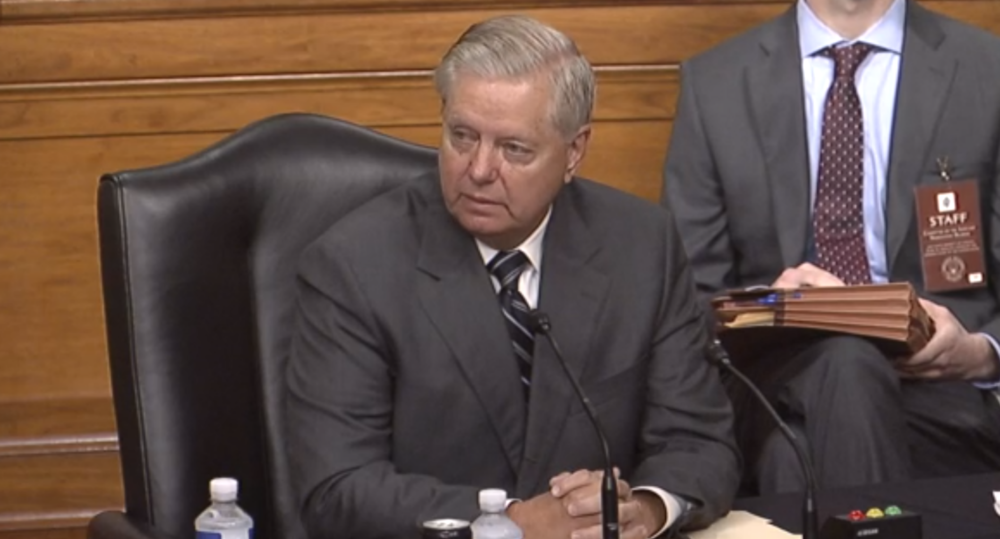Senate Judiciary Committee Subpoenas Tech Giants on Controversial Content, Also Advances Supreme Court Nominee
October 23, 2020 — Democratic members of the Senate Judiciary Committee boycotted Thursday’s executive meeting, during which the committee, led by a Republican majority, advanced Amy Coney Barrett’s nomination to be a justice on the Supreme Court. Additionally, the committee voted to authorize subpo










Member discussion